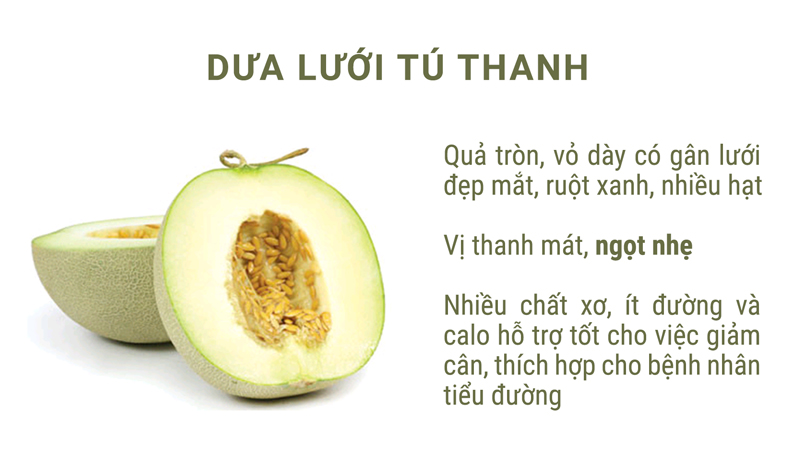
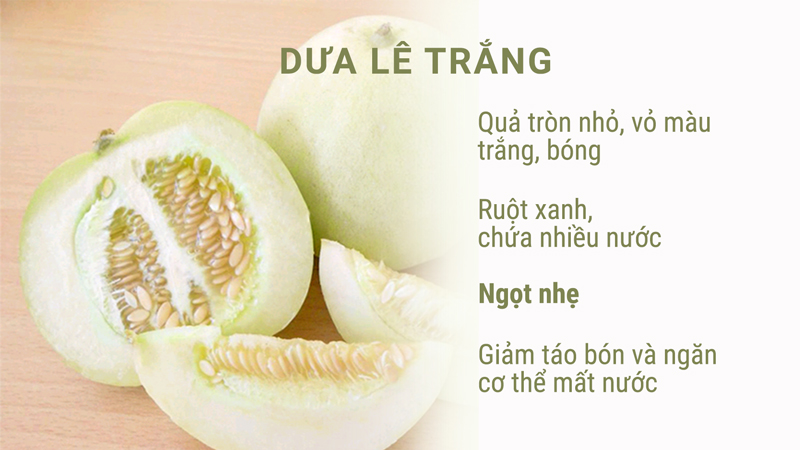
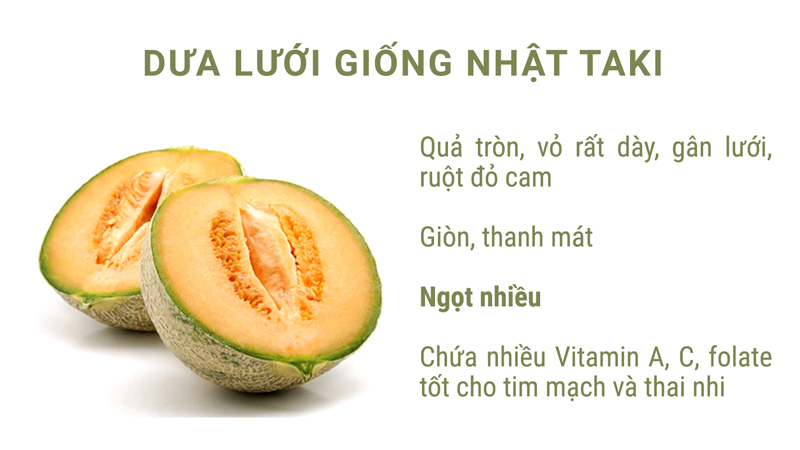
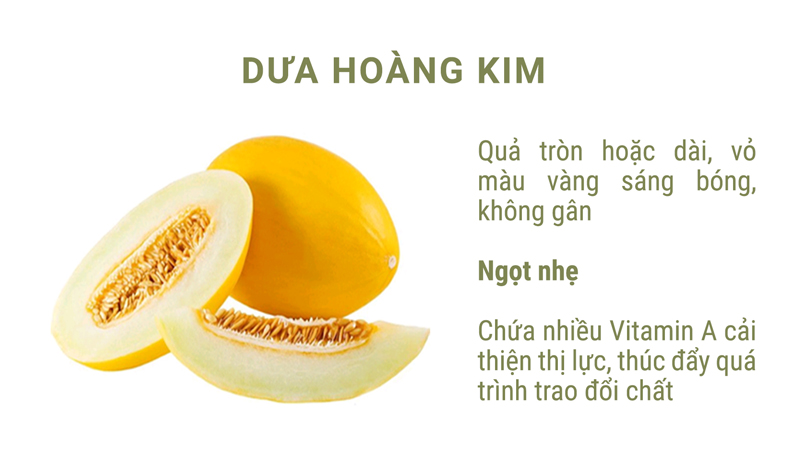
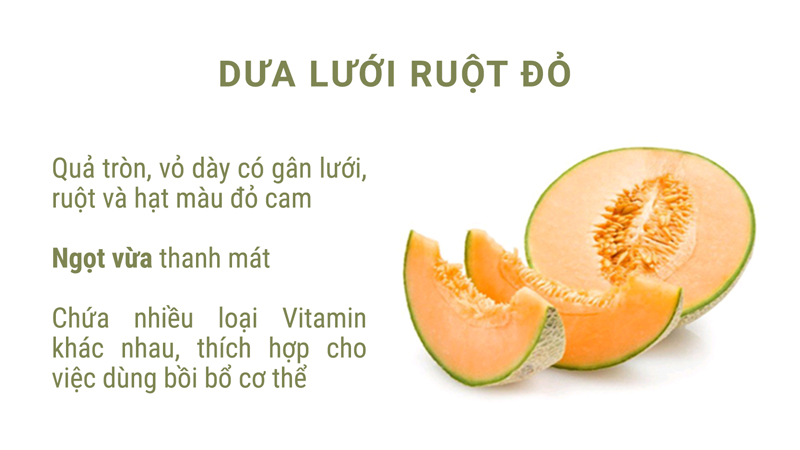
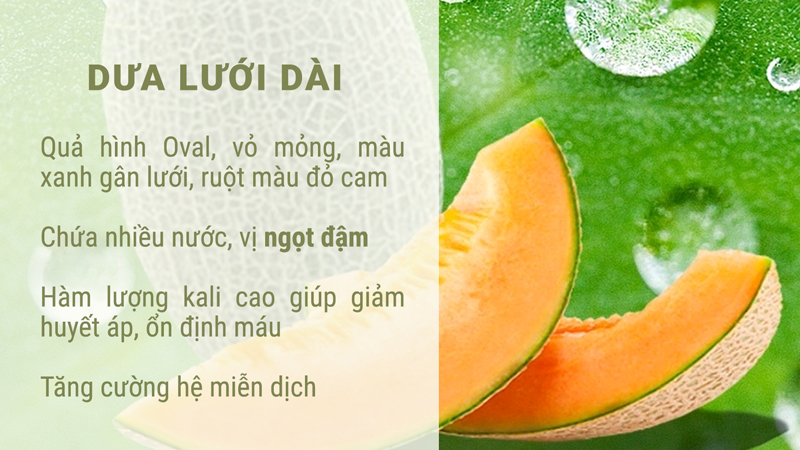
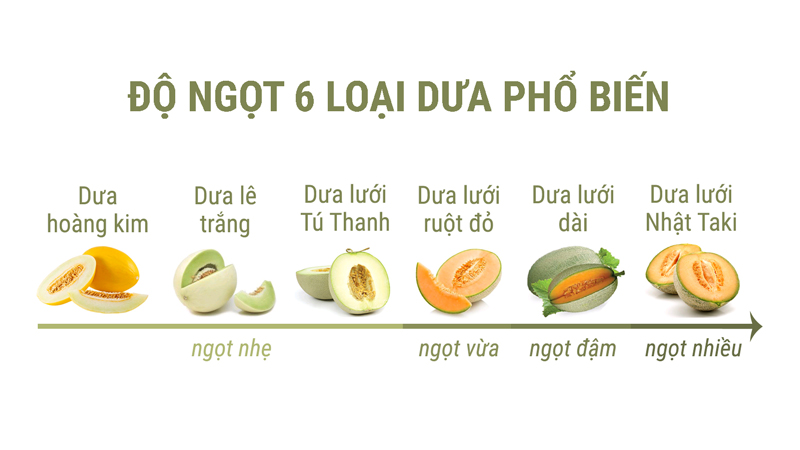
We hope that with the information we’ve shared, you can choose a type of melon that suits your taste and impress your guests during this hot summer.
Nha Trang’s Popular Tourist Attractions Snag Thousands of “Likes” in Stunning Photos
Every year, travelers are drawn to Nha Trang’s captivating coastline and vibrant atmosphere. From its picturesque beaches to its abundance of unique sights, the dynamic coastal city is sure to provide a memorable getaway. Check out these must-see Instagrammable spots during your Nha Trang adventure!





































